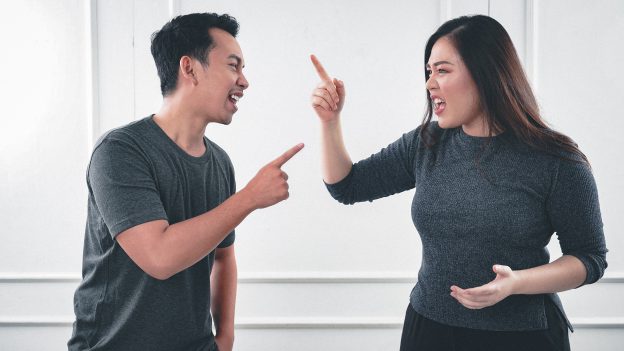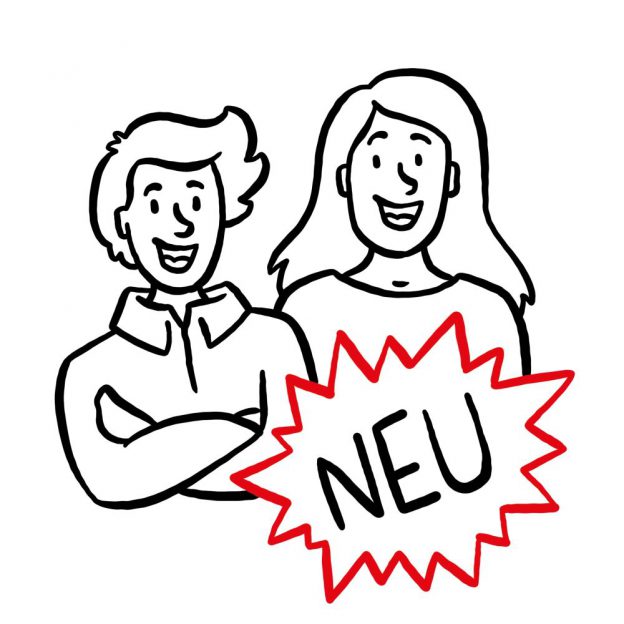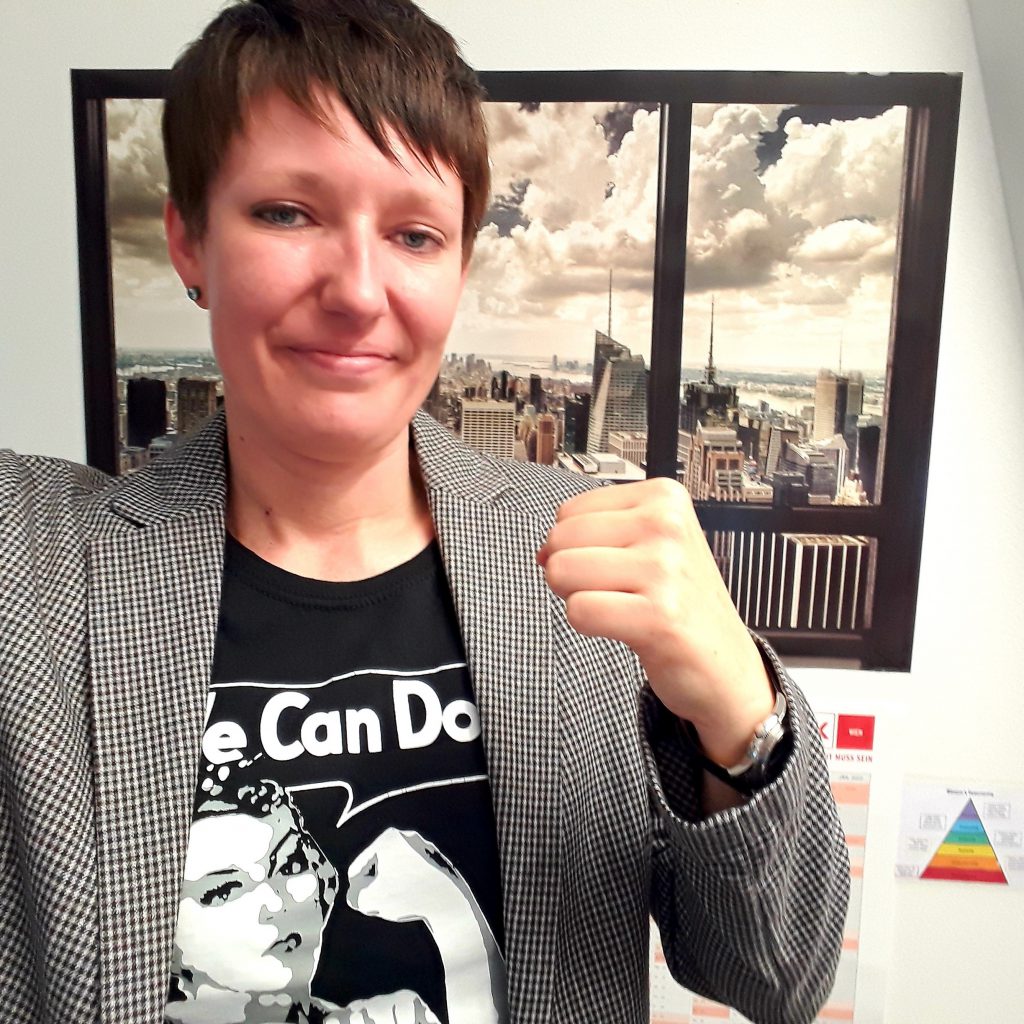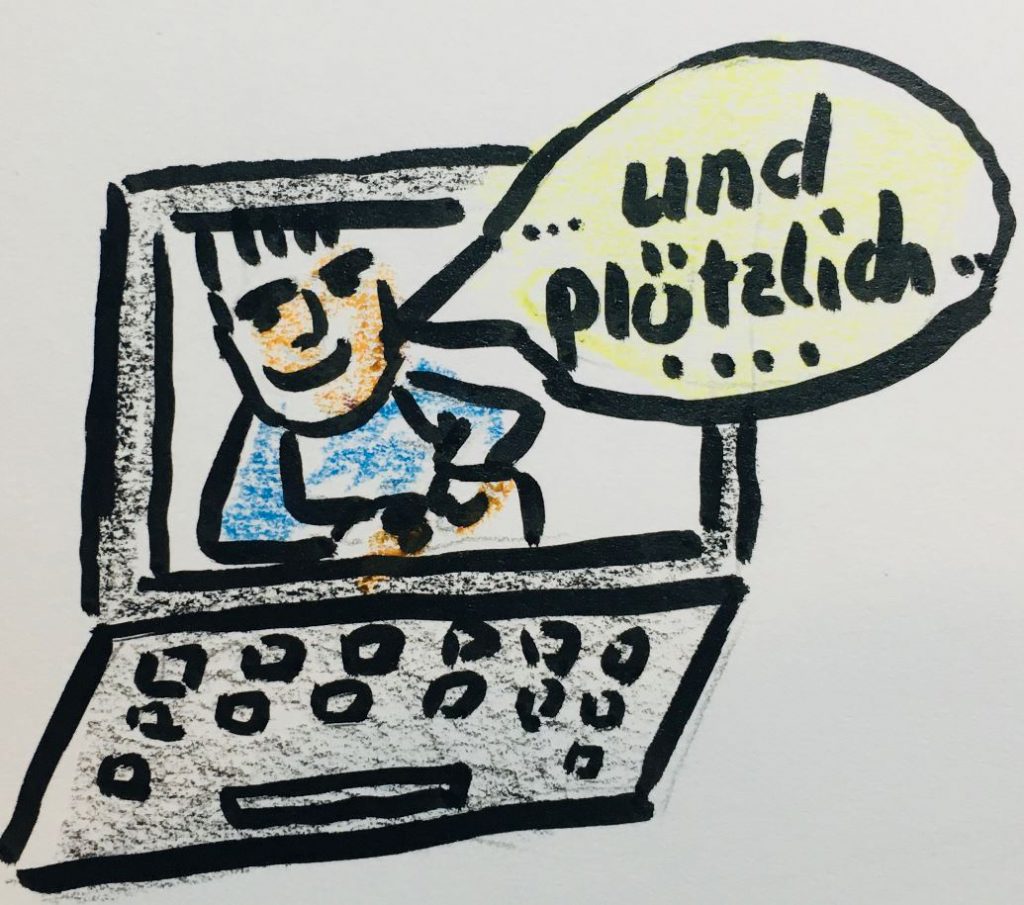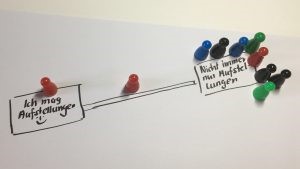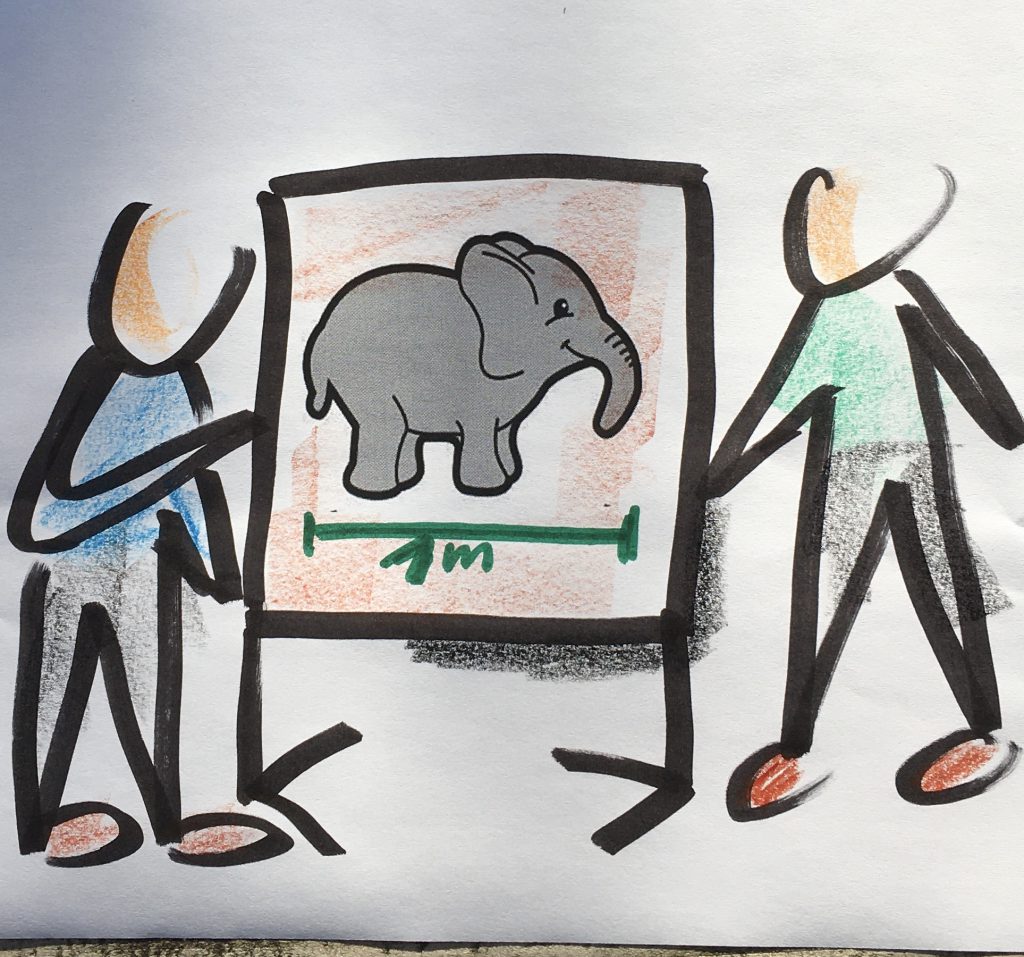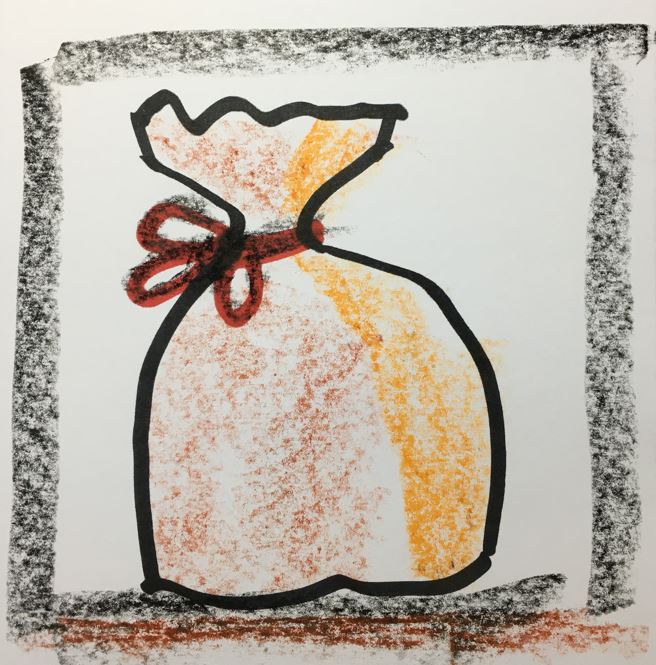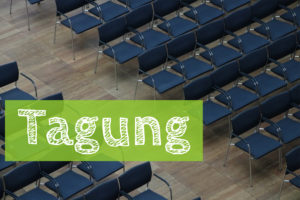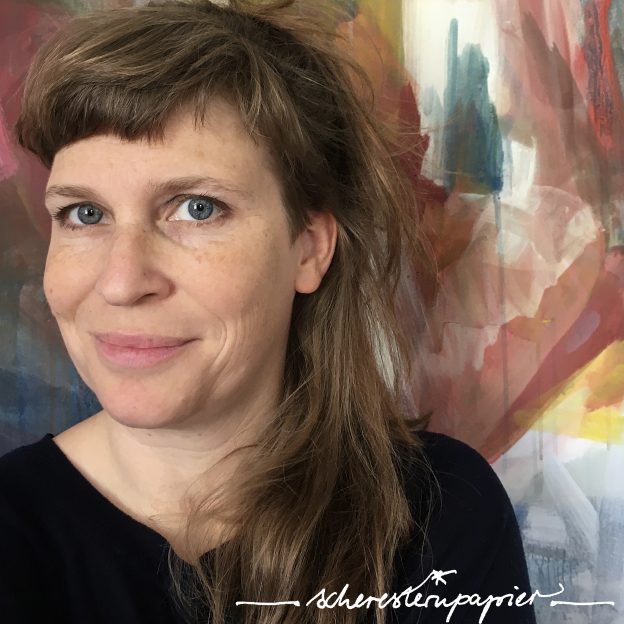
… ist selbständige Grafikdesignerin mit Schwerpunkt Magazindesign und – wie hier im Blog – Illustratorin. Ihre Illustrationen wollen Geschichten erzählen, die manchmal durch Worte nicht transportierbar sind. Julias handgezeichnete Grafiken bringen Wortspiele und Sprachbilder auf eine illustrative Ebene und schaffen einen lebendigen Konnex zum Text. Ihre Beschäftigung mit Materialien aller Art überschreitet oft auch die zweidimensionale Ebene und lässt Illustrationen zu dreidimensionalen Objekten werden. Im Blog #geb stehen die mit lebendigen Linien handgezeichneten Protagonist:innen im Fokus, die in „Kurzgeschichten“, durch den Text führen und Leser:innen neugierig auf mehr machen sollen …

